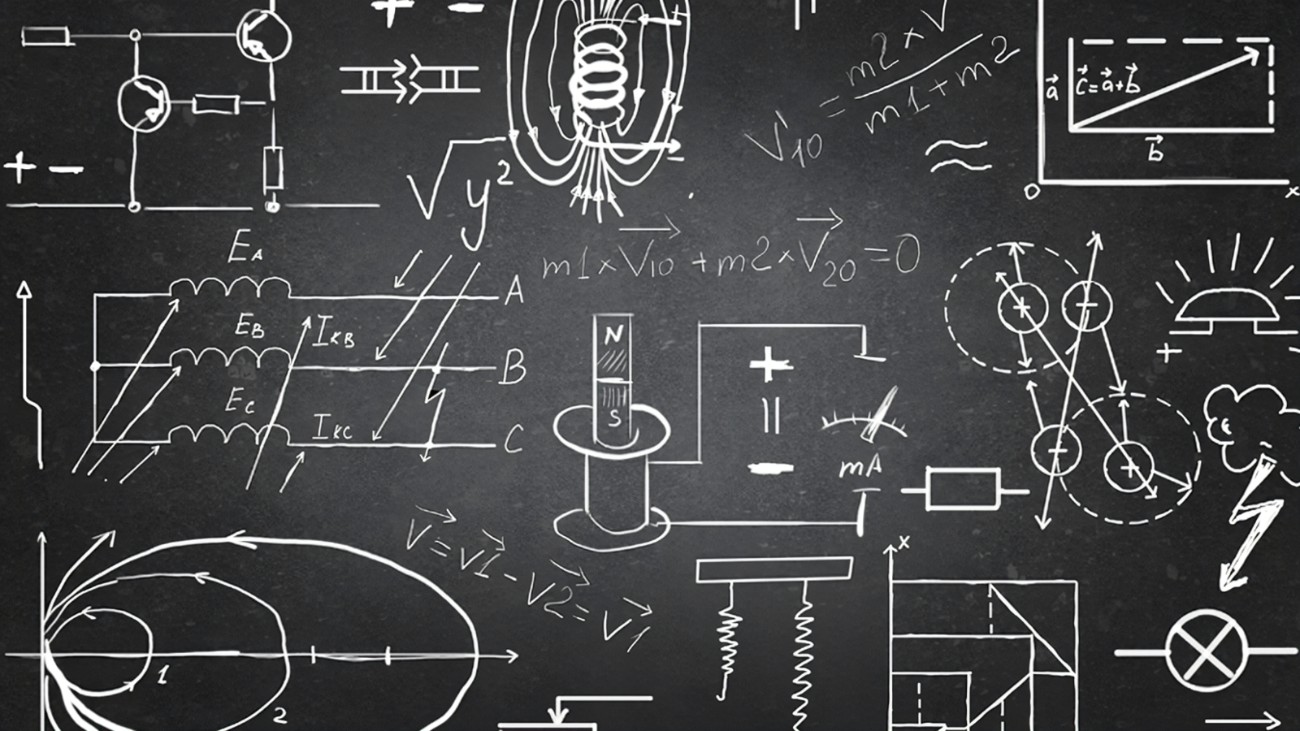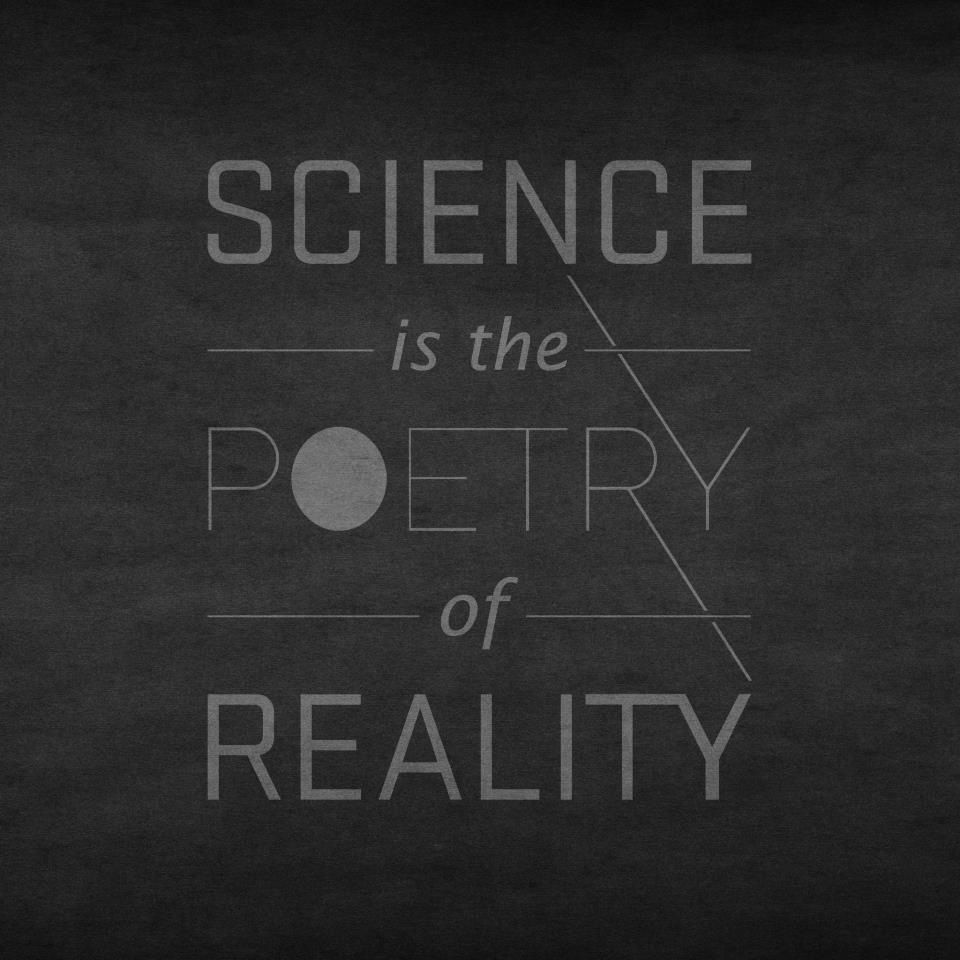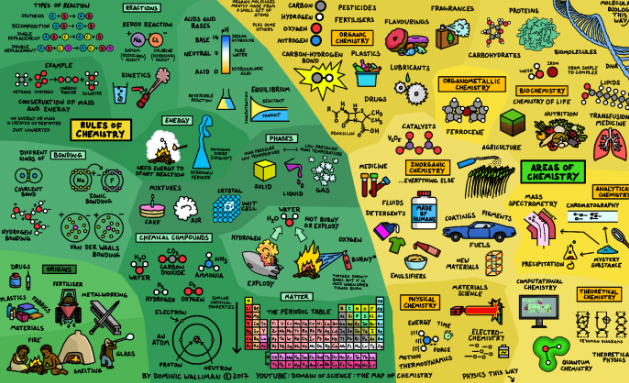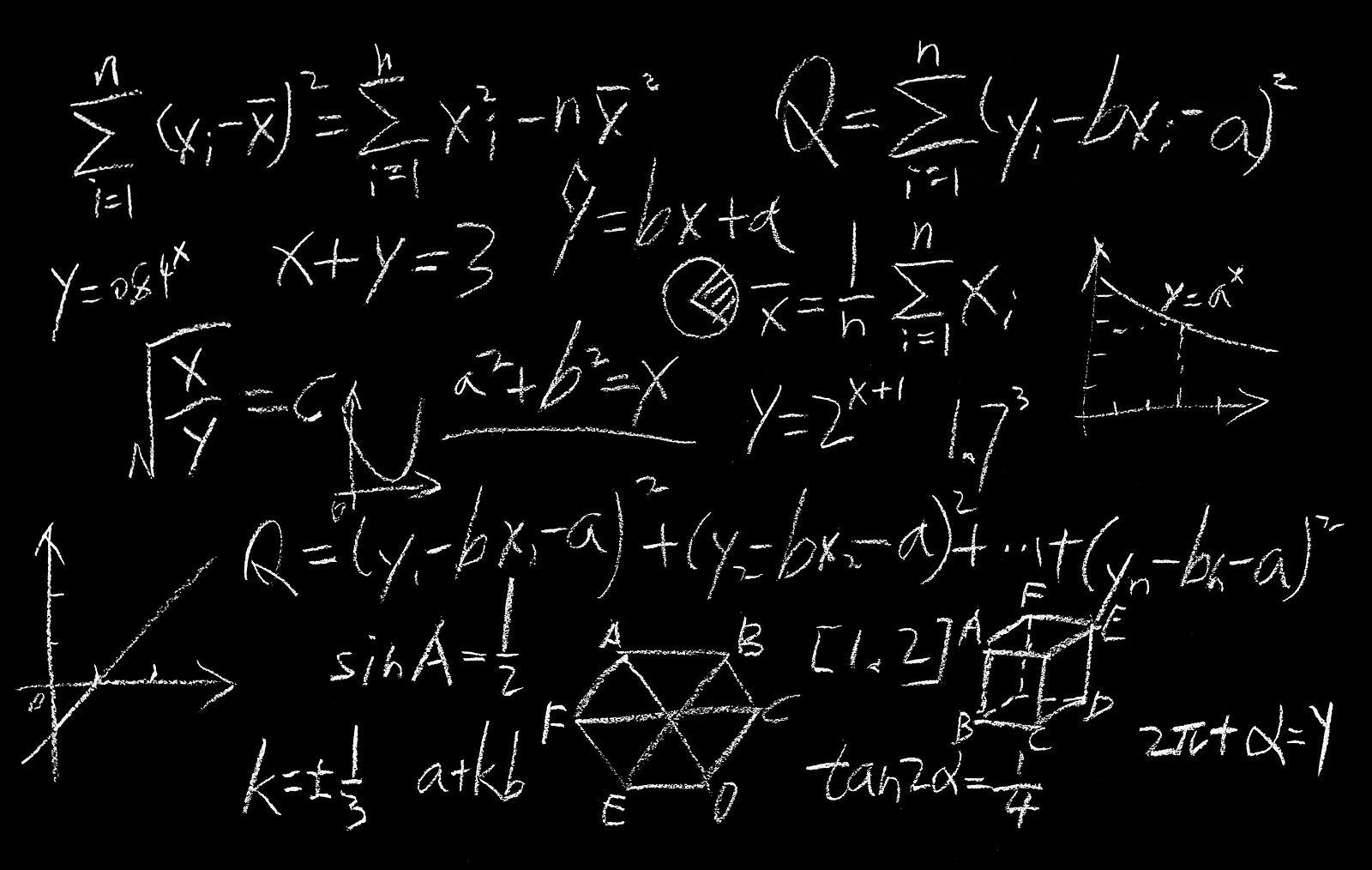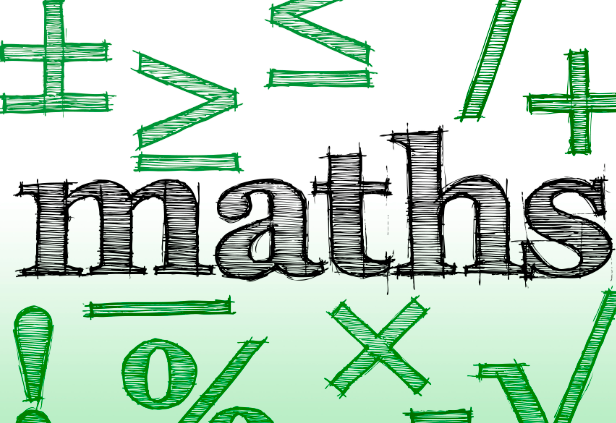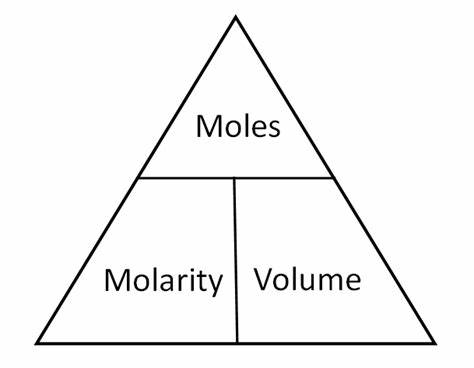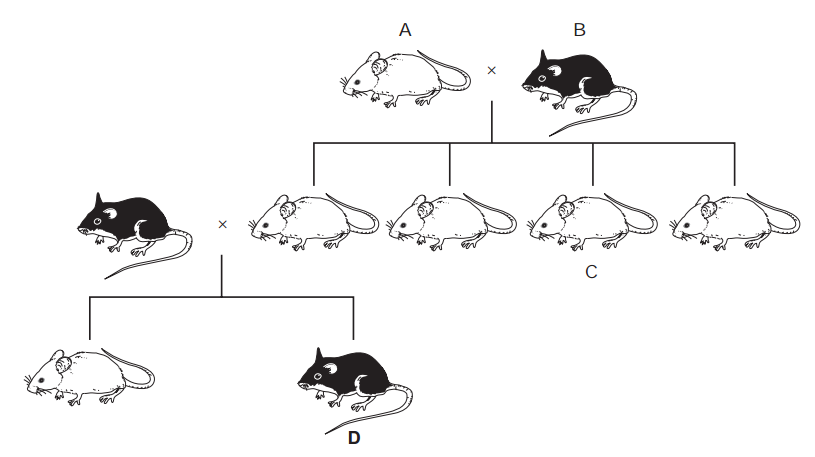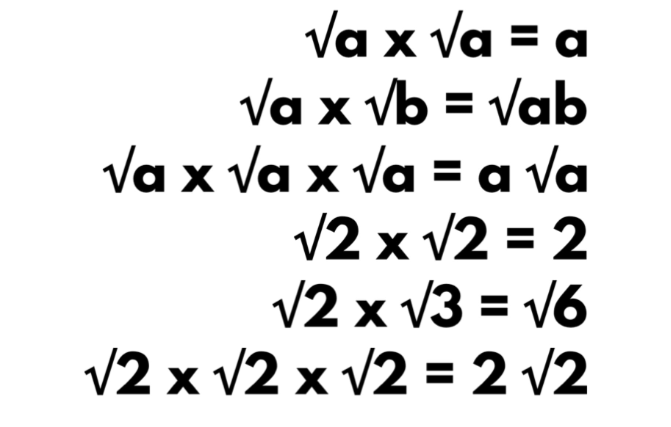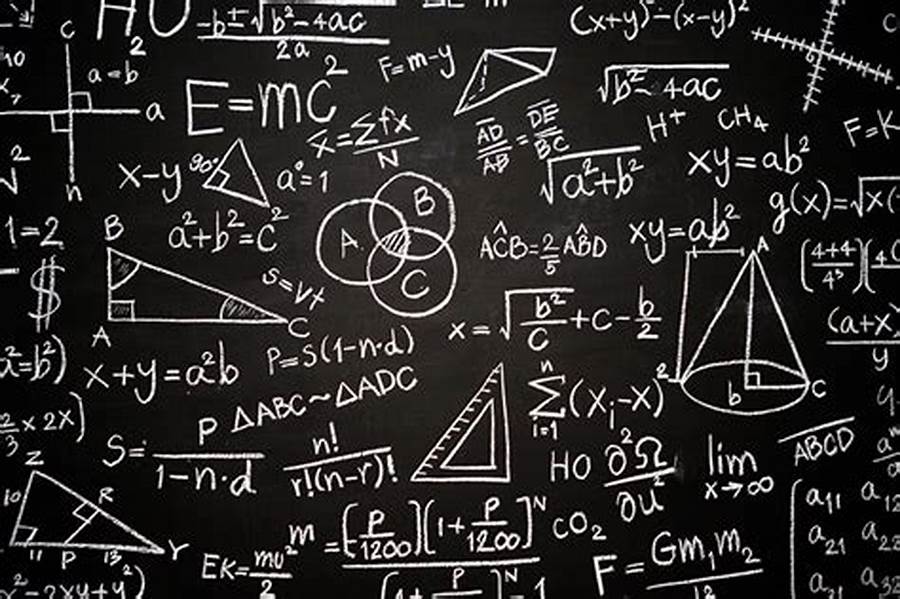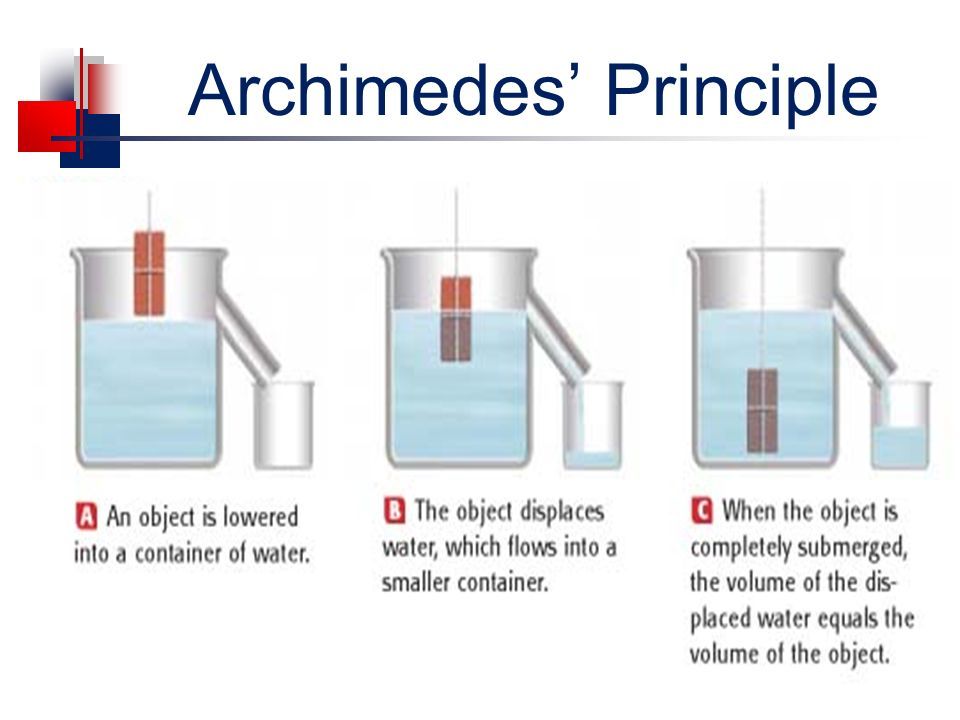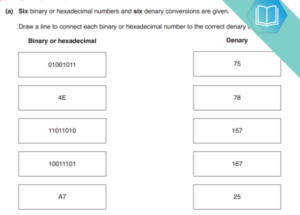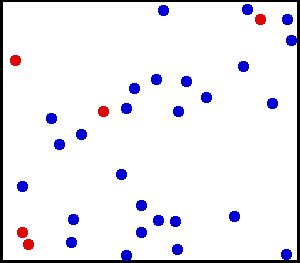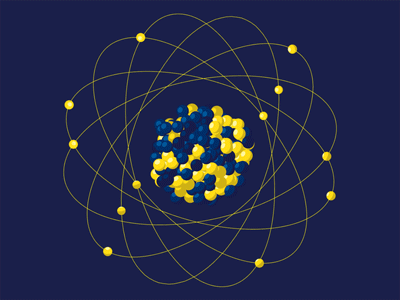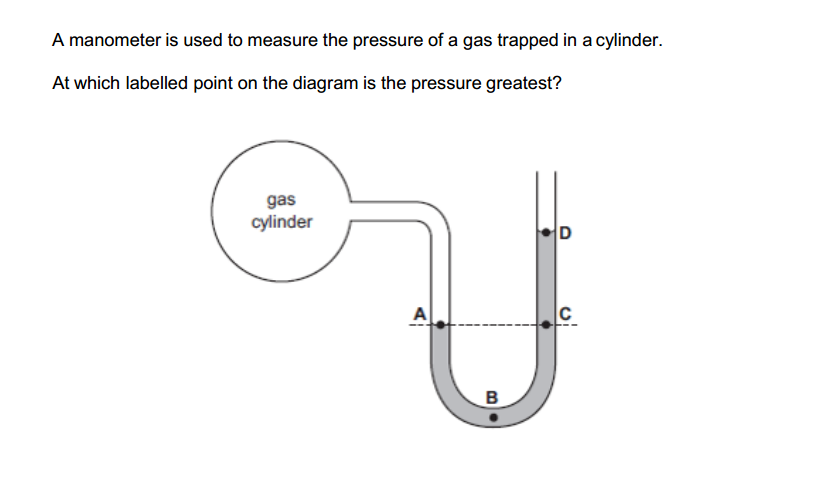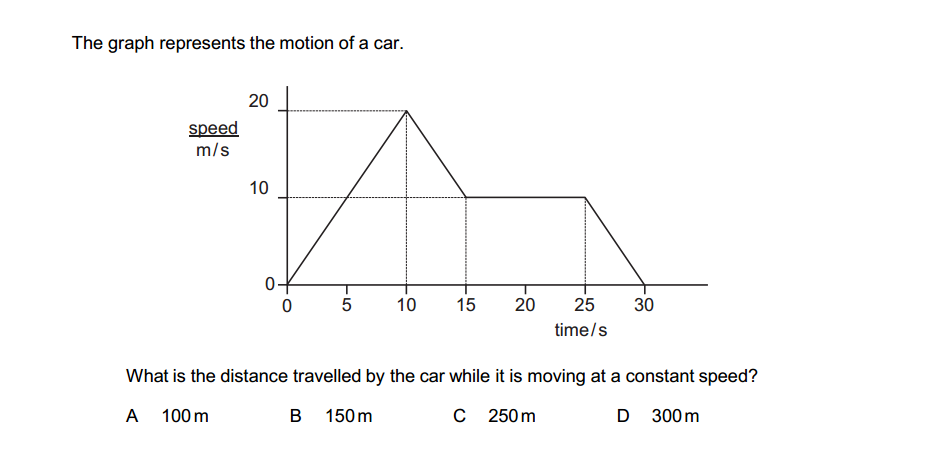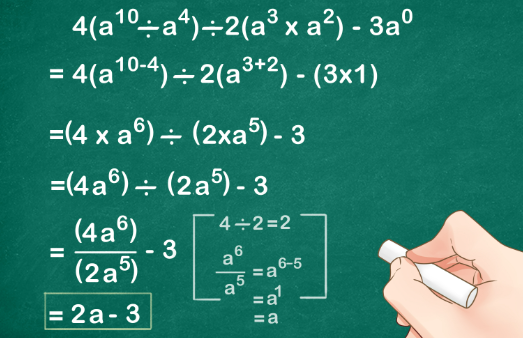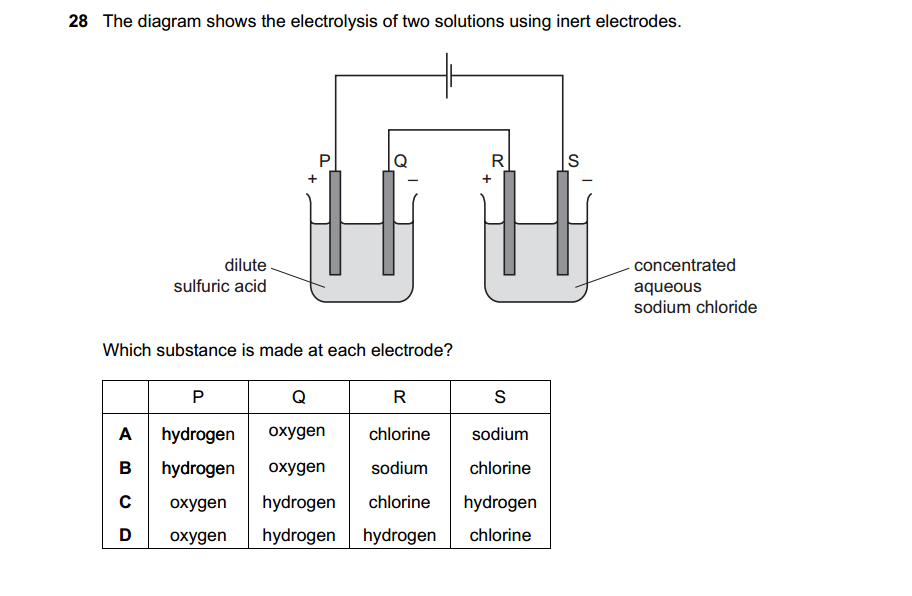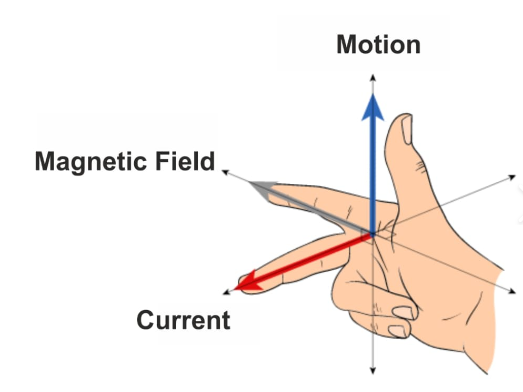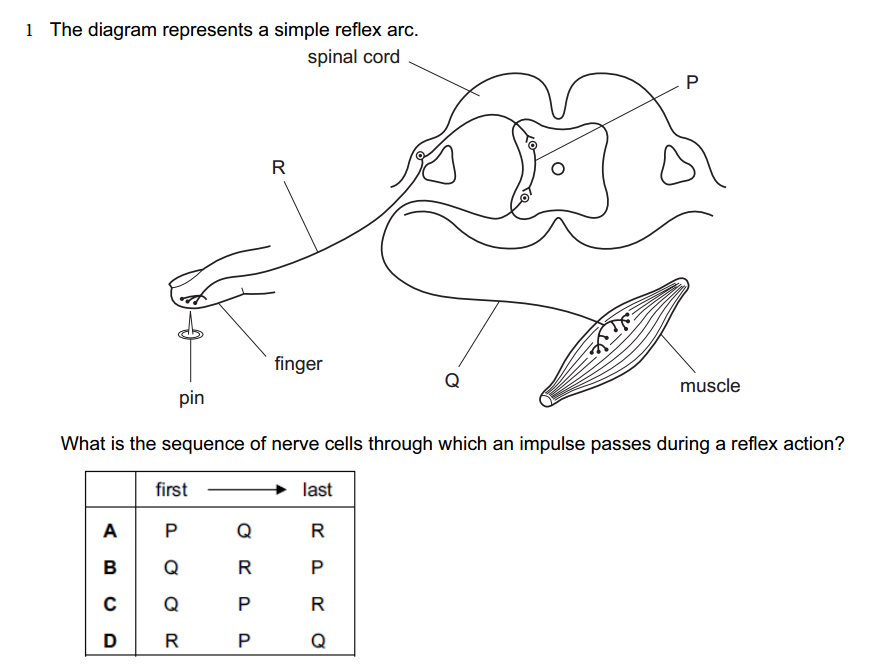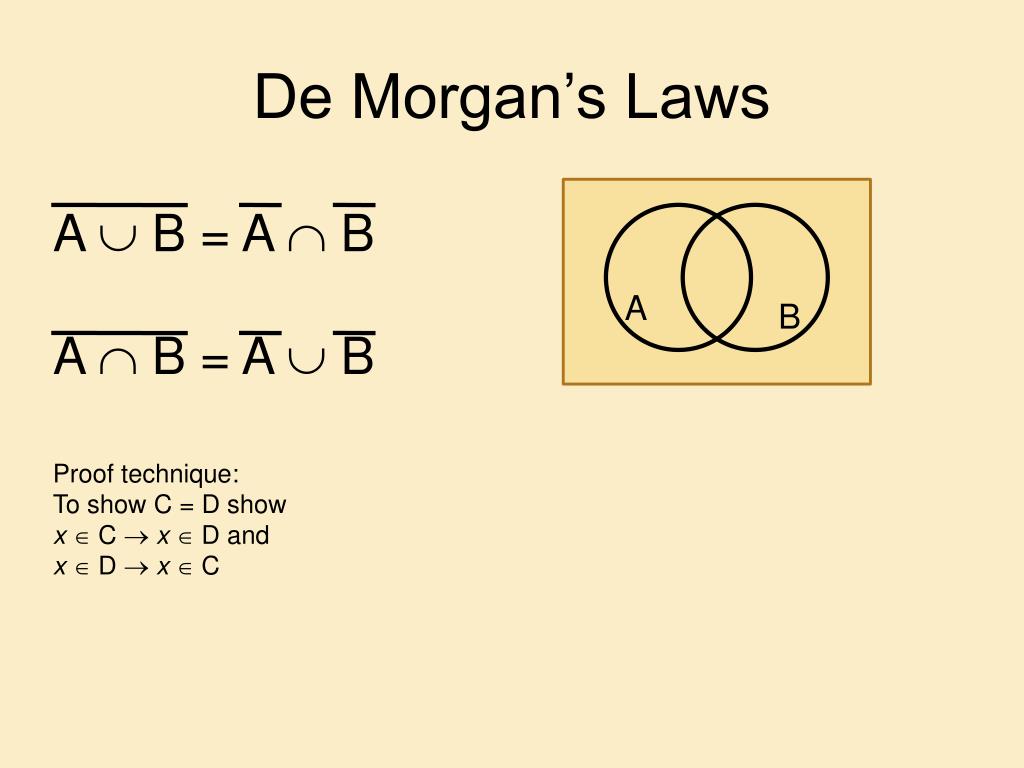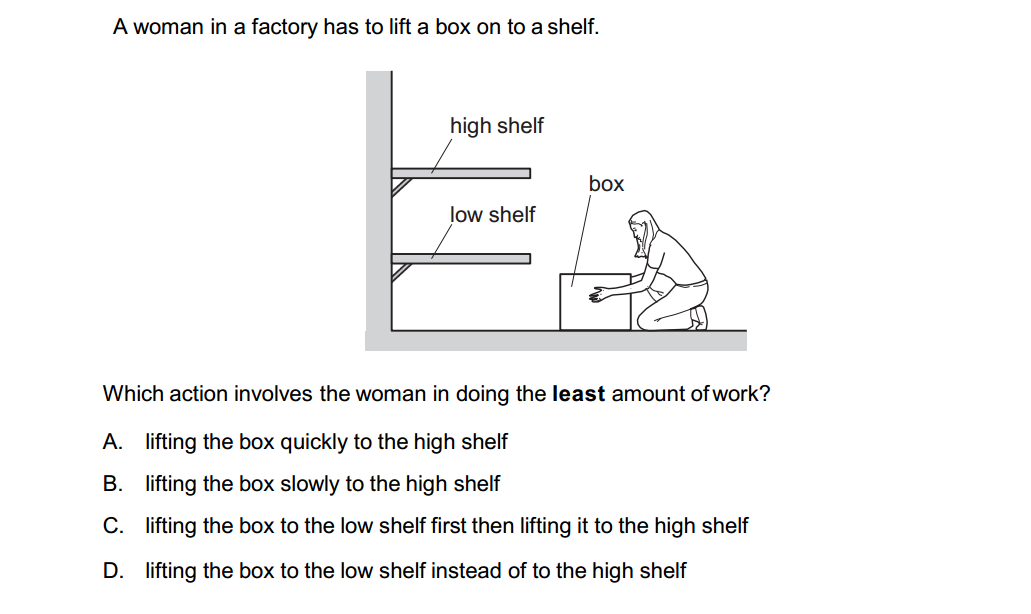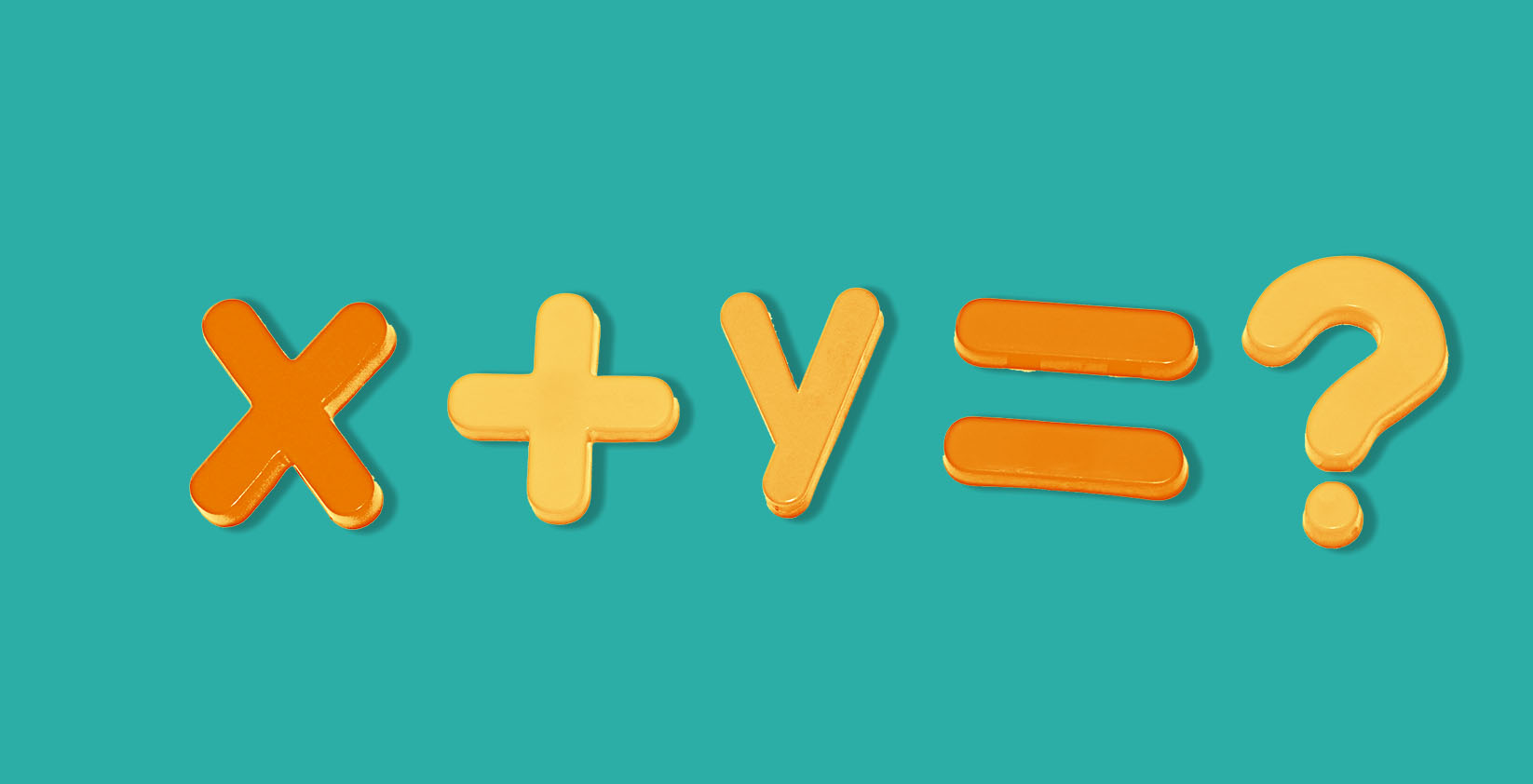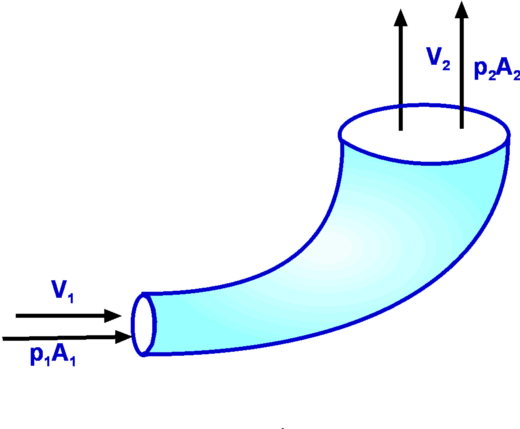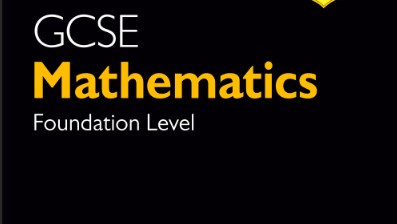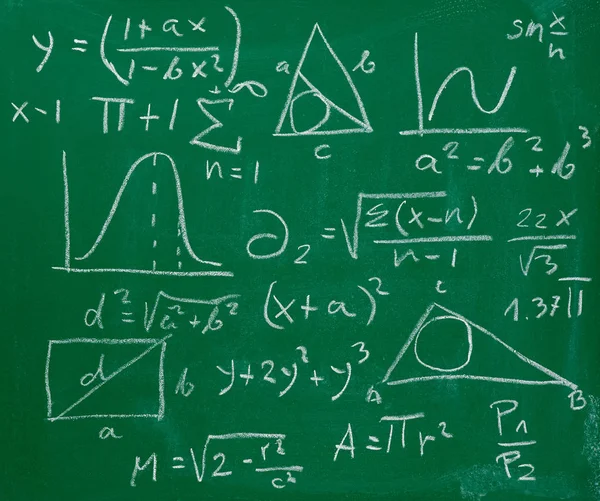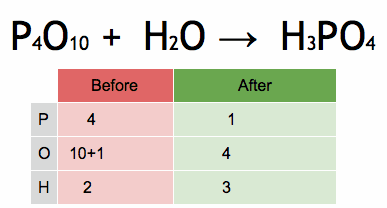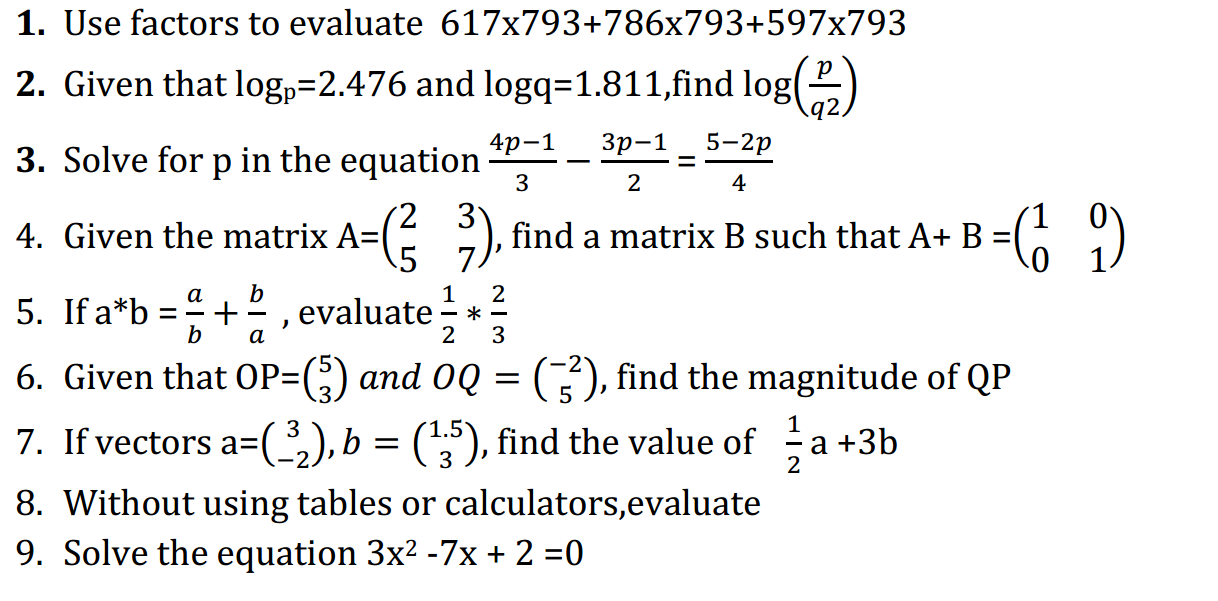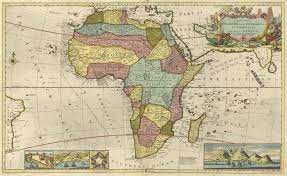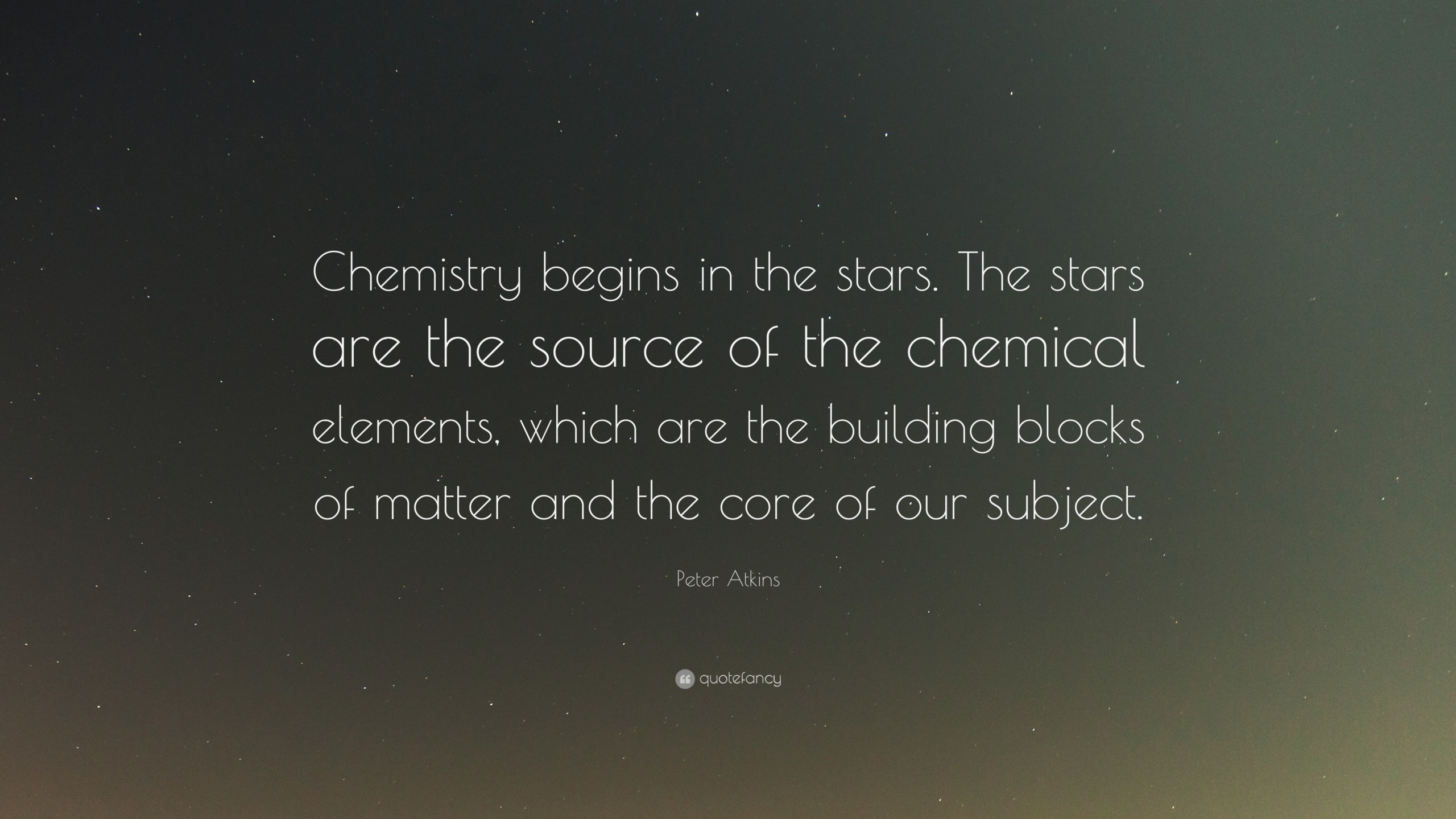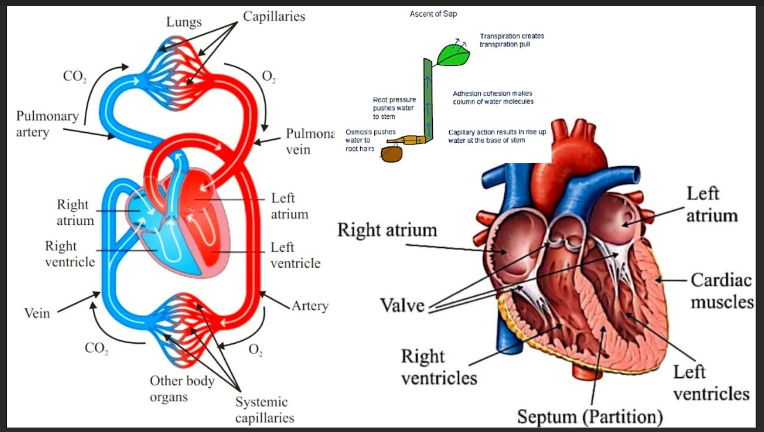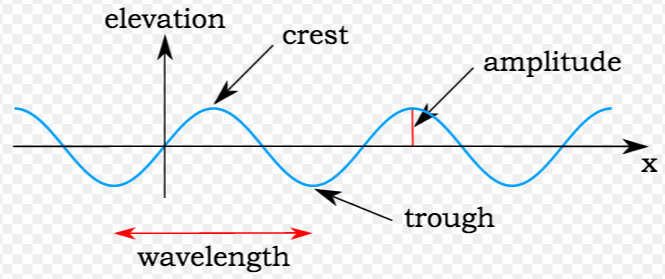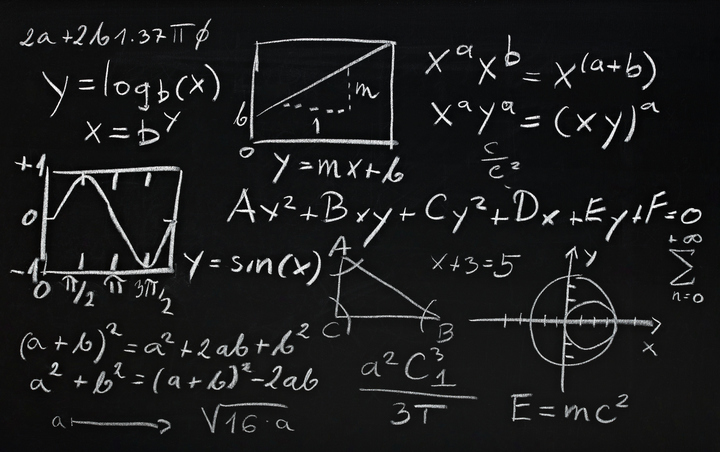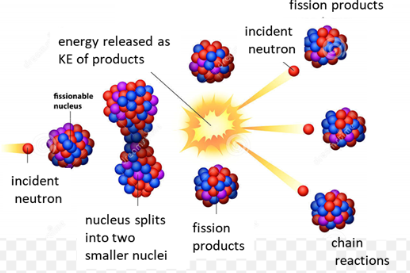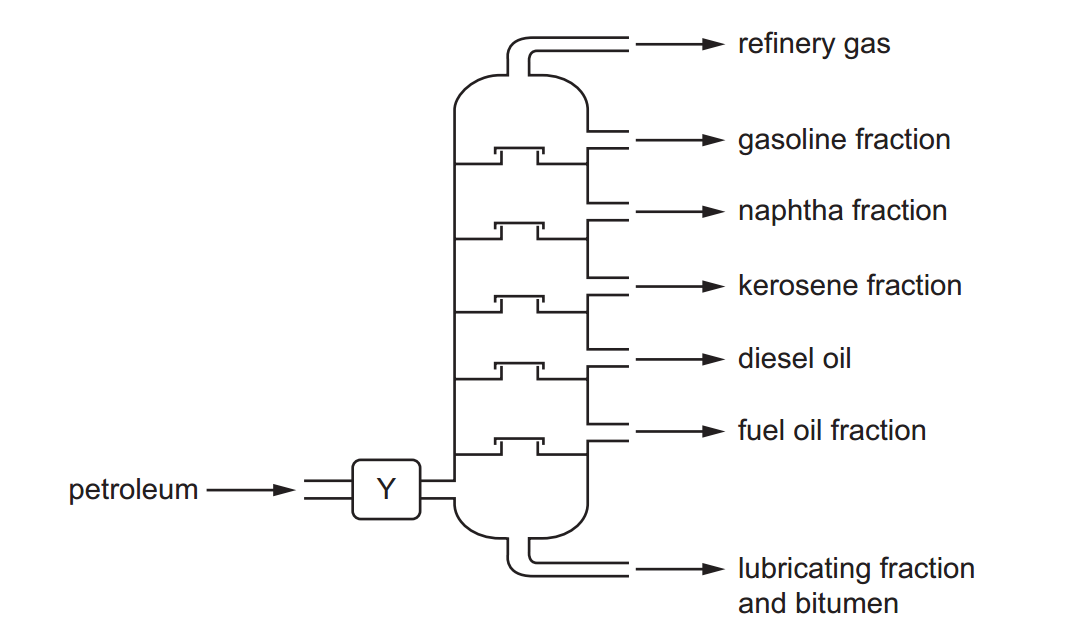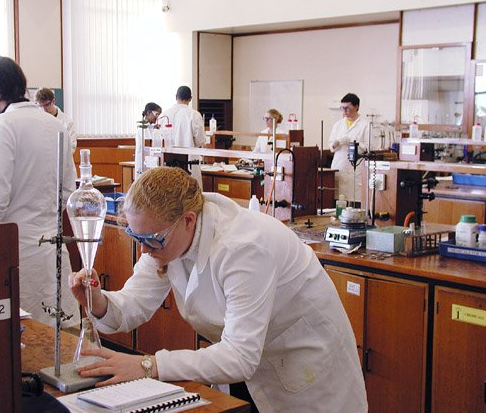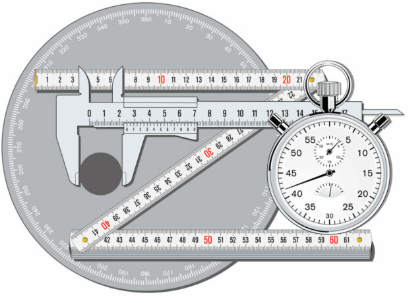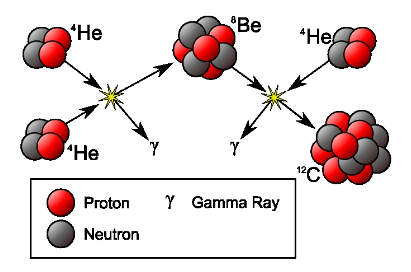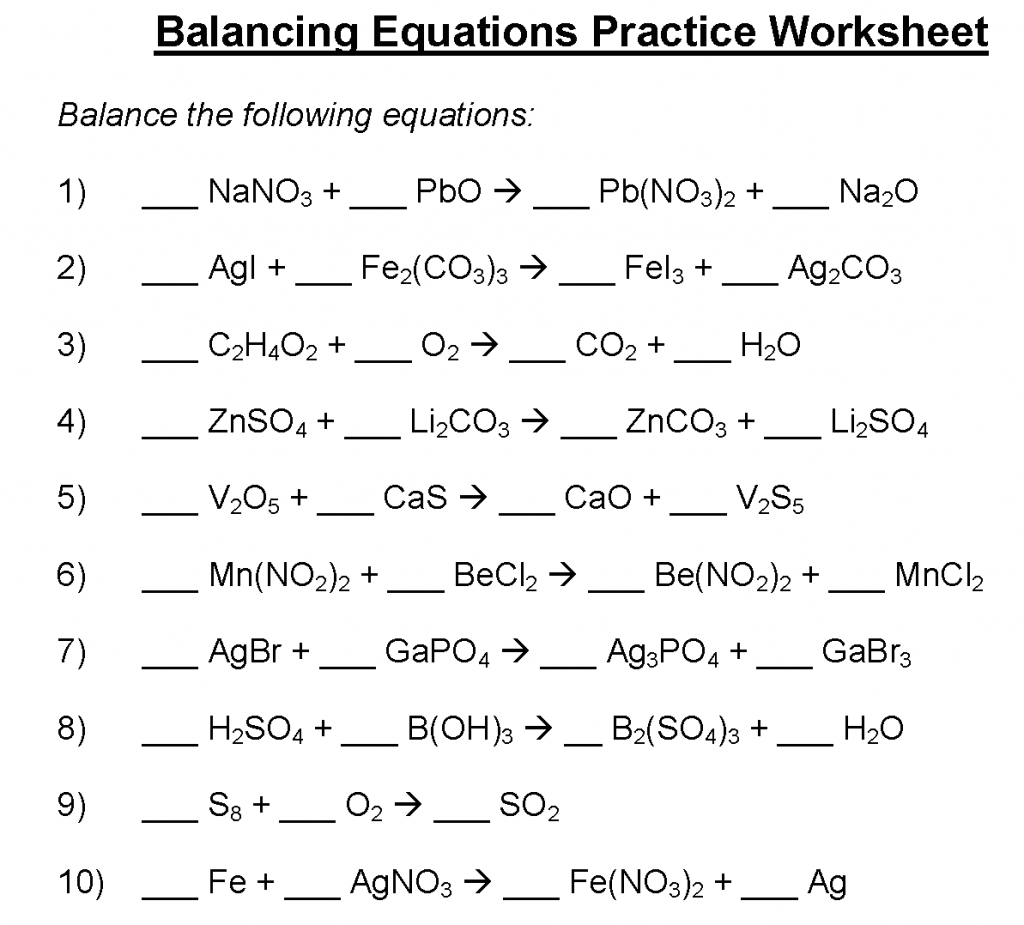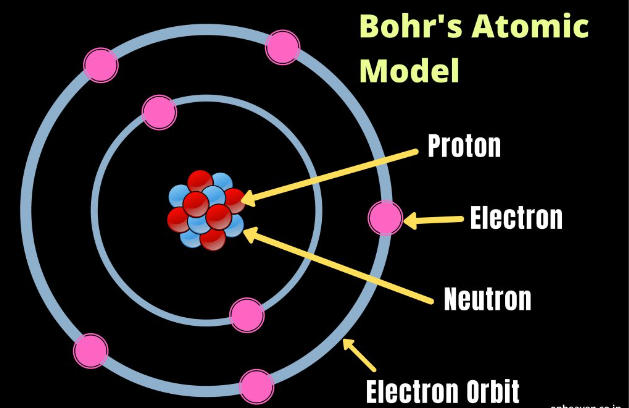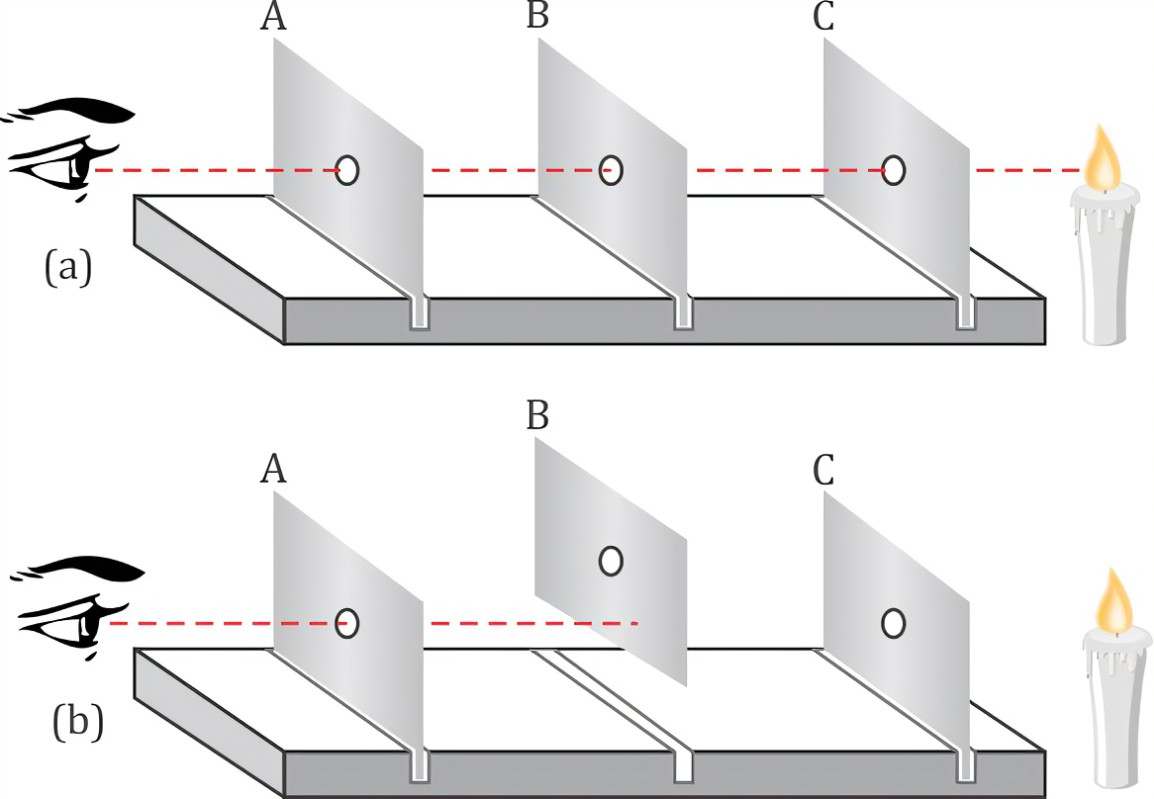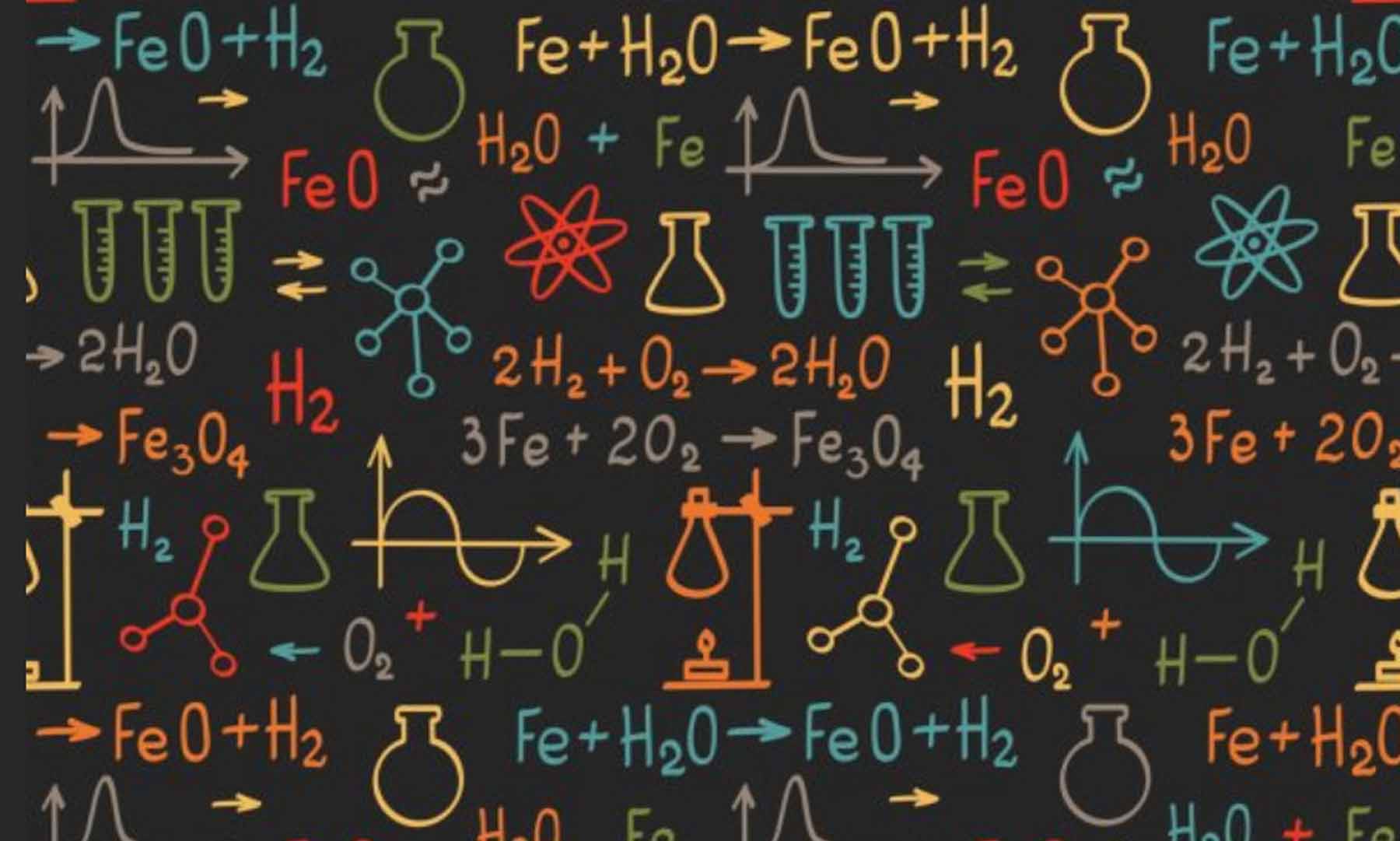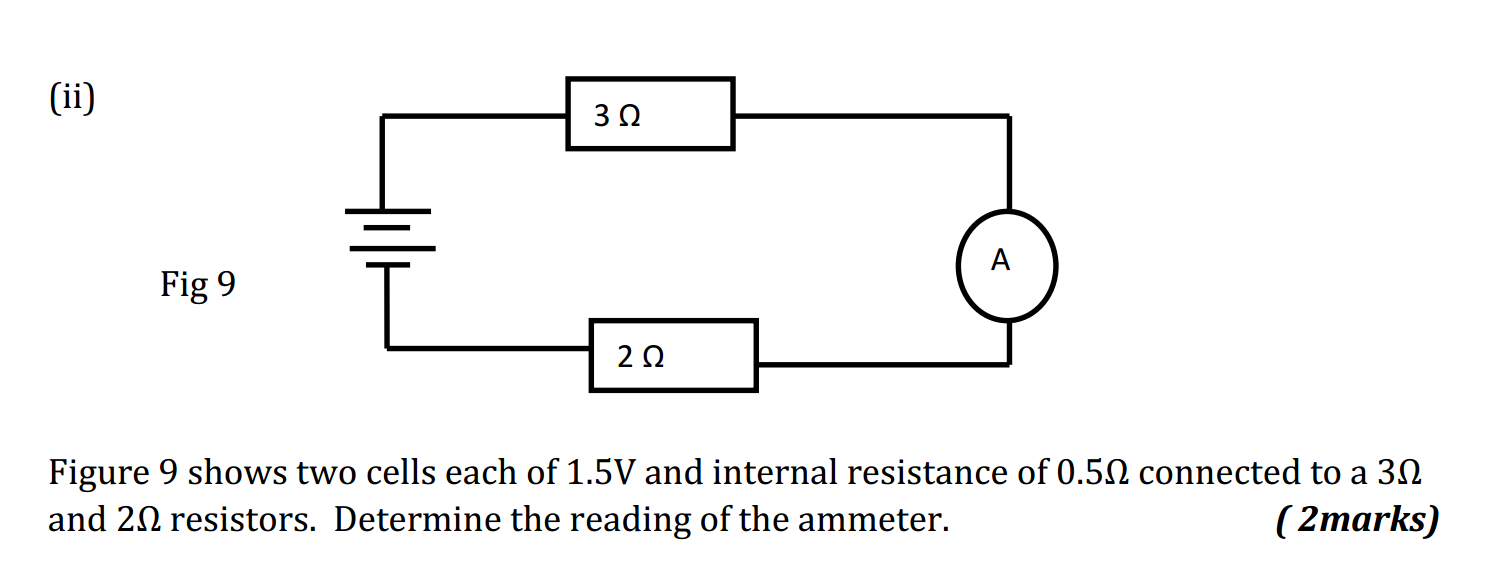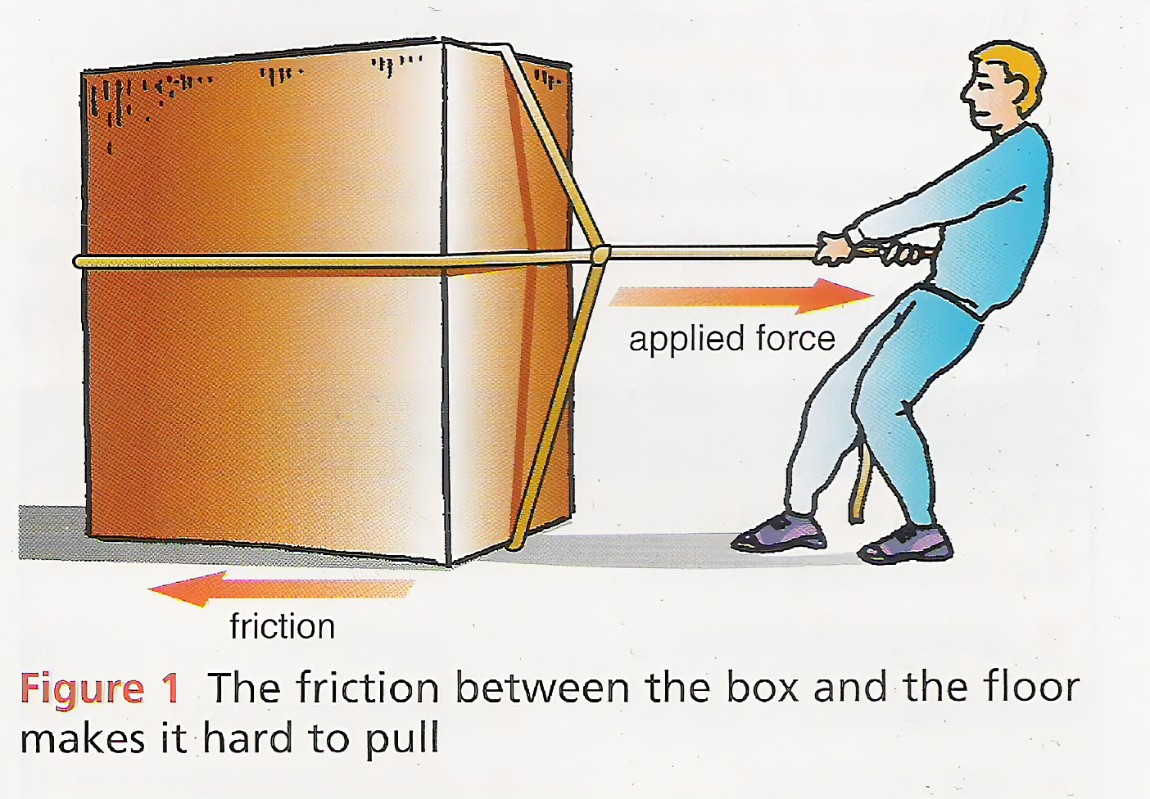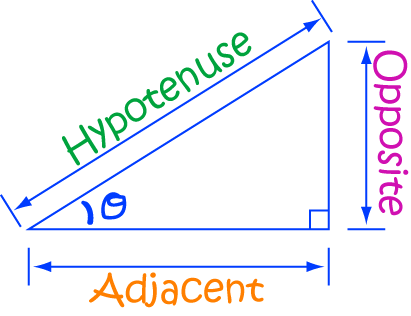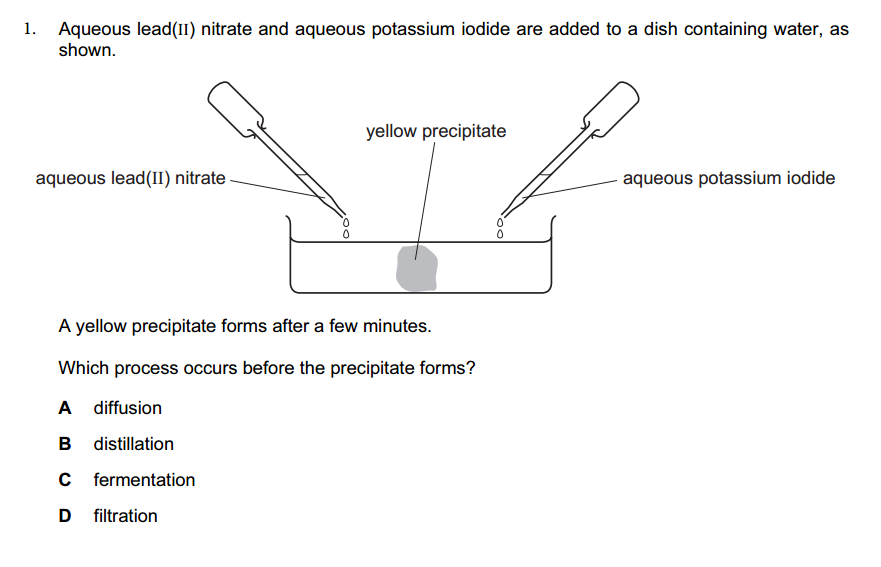Here are 100 physics questions suitable for GCSE level:
- What is the SI unit of electric current?
- What is the formula for calculating velocity?
- Define acceleration.
- What is the law of conservation of energy?
- What is the difference between mass and weight?
- Explain the concept of inertia.
- What is the formula for calculating density?
- Define potential energy.
- What is the principle of moments?
- What is the difference between speed and velocity?
- Explain the concept of terminal velocity.
- What is the formula for calculating force?
- Define Newton’s first law of motion.
- Explain the concept of work.
- What is the relationship between force, mass, and acceleration (Newton’s second law)?
- Define gravitational potential energy.
- What is the law of reflection?
- Explain the concept of pressure.
- What is the formula for calculating pressure?
- Define power.
- What is the formula for calculating power?
- Explain the concept of efficiency.
- Define kinetic energy.
- What is the relationship between kinetic energy and mass and velocity?
- What is the formula for calculating kinetic energy?
- Define specific heat capacity.
- What is the formula for calculating energy transferred as heat?
- Explain the concept of conduction.
- Define convection.
- Explain the concept of radiation.
- What is the difference between renewable and non-renewable energy sources?
- Define electrical power.
- What is the formula for calculating electrical power?
- Explain the concept of resistance.
- What is Ohm’s law?
- Define electric current.
- Explain the concept of potential difference.
- What is the formula for calculating potential difference?
- Define electric charge.
- What is the unit of electric charge?
- Explain the concept of series circuits.
- Explain the concept of parallel circuits.
- Define magnetic field.
- What is the difference between magnetic poles?
- Explain the concept of electromagnetism.
- Define transformer.
- What is the principle behind how a transformer works?
- Explain the concept of static electricity.
- What is the difference between conductors and insulators?
- Define nuclear fission.
- Explain the concept of alpha particles.
- Define nuclear fusion.
- What is the difference between renewable and non-renewable energy sources?
- Explain the concept of wave-particle duality.
- Define refraction.
- Explain the concept of total internal reflection.
- Define wavelength.
- What is the relationship between frequency and wavelength?
- Explain the concept of interference.
- Define amplitude.
- What is the difference between transverse and longitudinal waves?
- Explain the concept of the Doppler effect.
- Define frequency.
- What is the unit of frequency?
- Explain the concept of resonance.
- Define evaporation.
- What is the difference between evaporation and boiling?
- Explain the concept of specific latent heat.
- Define nuclear radiation.
- What are the three types of nuclear radiation?
- Explain the concept of half-life.
- Define geostationary orbit.
- What is the difference between mass and weight?
- Explain the concept of moment.
- Define gravitational field strength.
- What is the formula for calculating gravitational field strength?
- Explain the concept of the photoelectric effect.
- Define thermistor.
- What is the principle behind how a thermistor works?
- Explain the concept of convection currents.
- Define geothermal energy.
- What is the principle behind how geothermal energy is harnessed?
- Explain the concept of Hooke’s Law.
- Define electromagnetic spectrum.
- What are the different types of waves in the electromagnetic spectrum?
- Explain the concept of diffraction.
- Define static friction.
- What is the difference between static and kinetic friction?
- Explain the concept of centripetal force.
- Define elastic potential energy.
- What is the formula for calculating elastic potential energy?
- Explain the concept of specific heat capacity.
- Define renewable energy.
- What are some examples of renewable energy sources?
- Explain the concept of nuclear decay.
- Define resonance.
- What is the relationship between wavelength and energy?
- Explain the concept of wave interference.
- Define solar energy.
- What is the principle behind how solar energy is harnessed?
These questions cover various topics in physics that are commonly taught at the GCSE level. Feel free to use them for practice or as a study resource.




